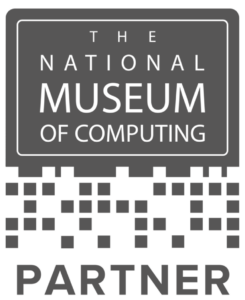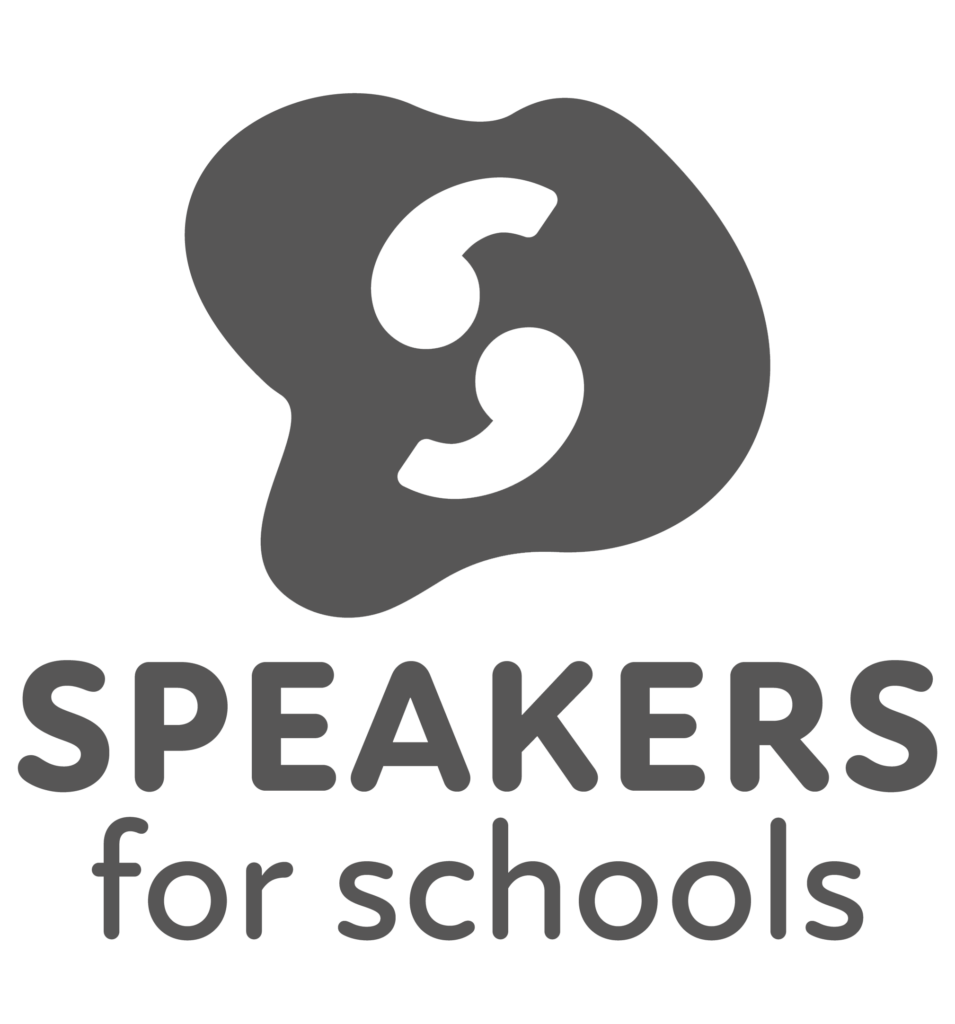This is a guest post, contributed by Sanjeev NC, Freshworks.
We used to believe that the only way for people to get money out of their bank account is to go visit the bank, fill out a form, stand in line, and submit the form to a cashier who would then verify it and give you the cash to be used for transactions.
Then, ATMs questioned the need for customers to visit the bank and provided cash machines that were easily accessible. Customers were given the ability to withdraw cash at their own convenience without having to visit the bank and fill out the form – saving them a lot of time. Customers now had easier access to their cash.
After this, payment cards questioned the need for customers to use cash to make transactions. They made it even easier for customers to make transactions by simply carrying around a card that’s linked to their bank account.
Now, services like Android Pay and Apple Pay are questioning the need for payment cards as well. We can pick up what we want, go over to the counter, tap our phones, and walk away just like that.
Should I even mention Amazon Go?
Look at how quickly the industry moved from a service where the customer had to go out of their way to a bank to fulfil their needs, to self service where the customer could help themselves to their need, and finally to what I like to call “selfless service” where the service is so ingrained into the customer’s daily life, that they feel that it’s simply a part of life.
This happened right before our eyes in the consumer world. So why can’t we apply this to the service management world?
I don’t have anything against self service but…
In IT service management (ITSM) we’ve been talking a lot about self service and we celebrate fairly decent self service portal adoptions. Now let’s pause and think about what this means for our end users. By navigating to a self service portal, our user probably stopped what they were working on, went to their bookmarks to fetch the self service portal link, and figured out a way to access the knowledge base to solve their issue.
Is that really the most optimal way to serve our customers? We want them to do their jobs without any interruption yet, why do we interrupt them when we want them to consume our services? Why do we tell them “Hey, if you want to access our knowledge base you should stop whatever you’re doing and visit our website” and when they can’t help themselves, we say “Oh that’s bad. Why don’t you send me an email or fill out a form that’s available on our portal?”
Why should we make our customers come to us? Why can’t we take the service desk to them?
What do I mean when I say “selfless service”?
Self service still requires people to go to a place. That place could be a link, an app, or anything anywhere.
(def) Selfless – concerned more with the needs and wishes of others than with one’s own;
Selfless service puts the user above the service desk’s needs. It tries really hard to get the service desk to where the users are and not make them have to come to it.
How do you develop a selfless mindset?
It’s important to have a selfless mindset right from the initial design phase. While designing your self service model, think hard about your end users. Think about their daily life. Think about the applications they use in their daily life. Now, think about how to get your service desk software into the applications they use in their daily life.
Remember, there is no Selfless good deed
If you’ve watched the TV Series F.R.I.E.N.D.S, you’ll remember Joey giving this wise advice. So you can ask the ultimate question – “What’s in it for me?” Think about what you really want. Do you want high self service adoption or do you want the business to run smoothly? By moving the service desk closer to your customers, you’re actually ensuring that you have easy access to them.
So what are the benefits?
- Better adoption of the knowledge base
Trust me, your users would rather solve their own issues than send an email or call you. It’s just that you have to make it easy for them. - You’ll get a more structured email aka a ticket
The most annoying thing about email or phone calls is that it’s not structured and you’re always missing key information. That can be solved when your users fill out the ticket form. That doesn’t happen often, does it? If you’re thinking about this selflessly and make it easier for your users to fill out the form, maybe it will happen more often. - Everyone goes home happy!
Think about all the good customer support experiences you’ve had. Doesn’t it create a warm fuzzy feeling towards the organisation that gave you the good experience? Your end users are no different. Make life easy for them and you’ll instantly find that the interactions are more positive. Don’t ask me how we can measure the positivity – you’ll just have the count the number smiles you get near the kitchen.
Discover more…
I’ll be talking about “selfless service” at the upcoming itSMF UK conference in November, on why it should be the way forward for service management. Here I’ll be sharing actionable advice to help you move you closer to your end users. As part of this to drive a mindset change within the audience.


